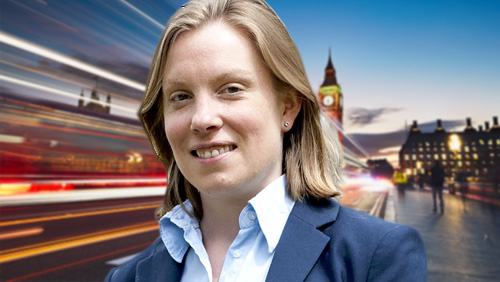MP Tracey Crouch, the chief of the government review team investigating the potential max buy-in change for Fixed Betting Odds Terminal machines, has called the Daily Mail’s allegations that Chancellor Philip Hammond is blocking any progress as ‘fake news.’
The electronic roulette machine in my mate’s local bookies winks at him as he places his bets on the gee-gees.
Frank, is one of a myriad of people shovelling £1.8 billion per year into the mouth’s of these machines, commonly referred to in the press as Fixed Odds Betting Terminals (FOBTs).
He doesn’t win.
“I do my bollocks.”
But he loves them.
 “I love them.”
“I love them.”
Fortunately for Frank, a whole host of campaigners, and politicians want to divert his money away from the mouths of the FOBTs and towards the mouths of his children.
But reports this weekend suggest this may not happen.
On Friday, The Daily Mail ran with the headline Playing Roulette With People’s Lives claiming the British Chancellor, Philip Hammond, has ensured the FOBT landscape will remain unchanged by blocking any attempts to dig into his £400m per year in FOBT tax revenue.
The piece cites a Whitehall Source stating that the Treasury fears a reduction in maximum wagering would be financially crippling.
The response to the piece was curt and compact.
In October, the Department for Digital, Culture, Media and Sport (DCMS), began a review process into the impact that the ability to feed the FOBTs with £100 every 20-seconds has on the welfare of the suburbs.
Tracey Crouch is leading that review, and she tweeted a link to the article with two accompanying words.
Fake News.
On the one hand, you have a group of people who believe that the losses incurred by punters lead to a culture of violence, aggression, and addiction. On the other hand, leading authorities such as the Association of British Bookmakers (ABB), believe a reduction in max buy-in from £100 to £2 would have a devastating impact on the livelihoods of the people who rely on this revenue, as well as having limited impact on people suffering from gambling issues.
So what does Frank think about all the noise?
“I’ll do what the hell I want with my money.”
The DCSM’s review on FOBTs will hit the airwaves in the autumn.
In the meantime, they keep on winking.





